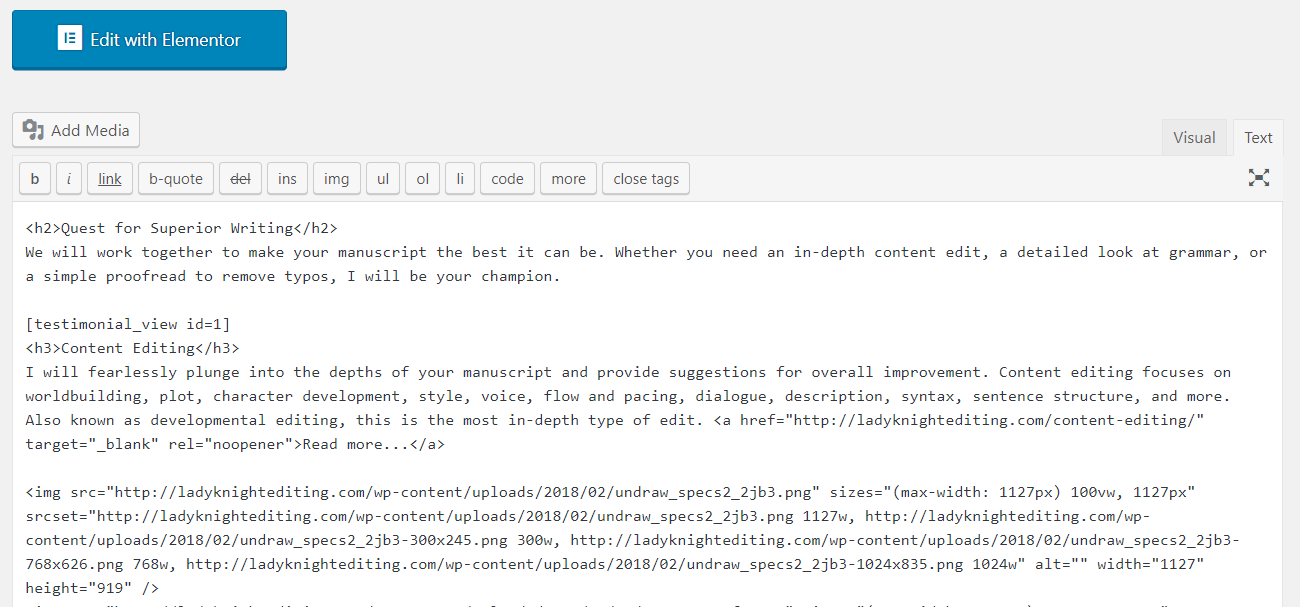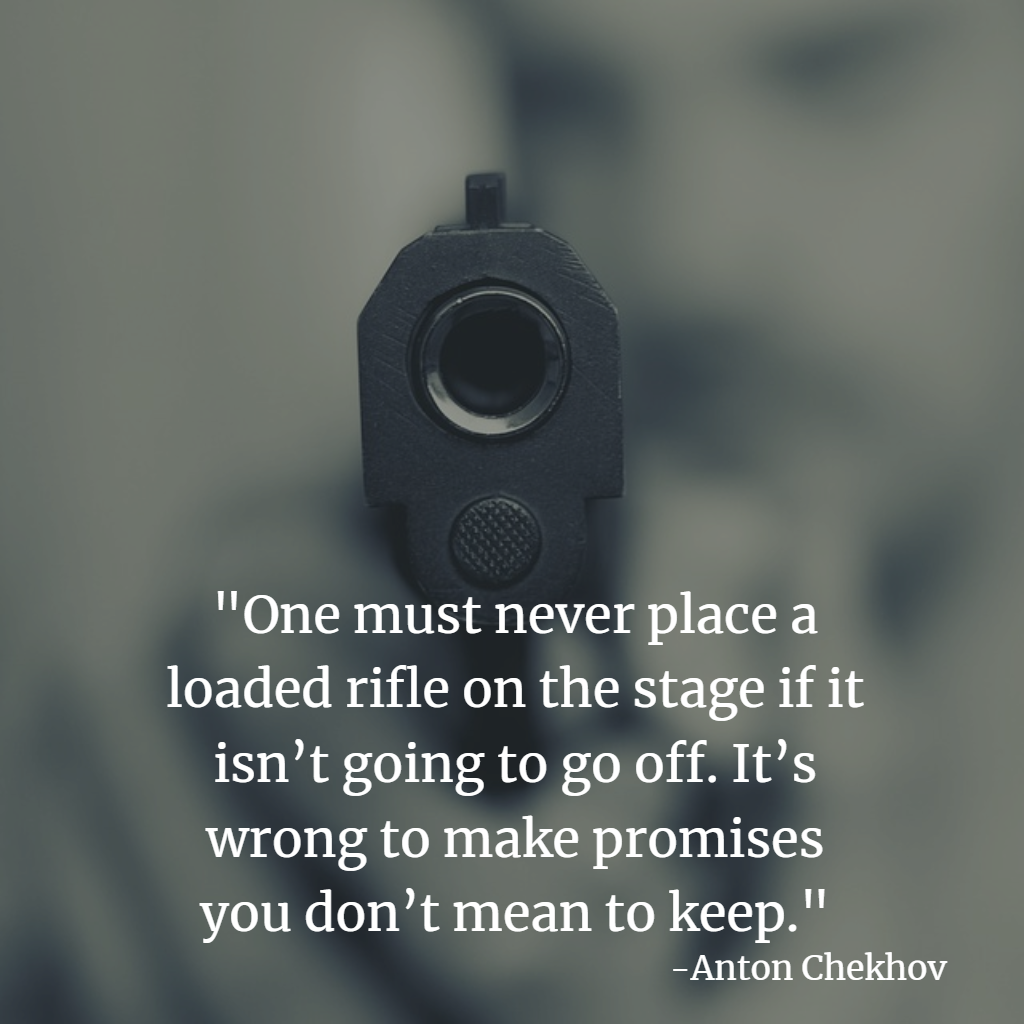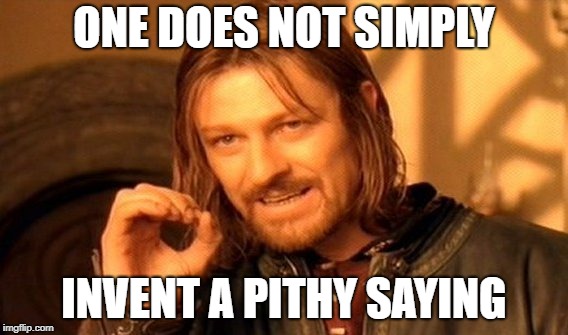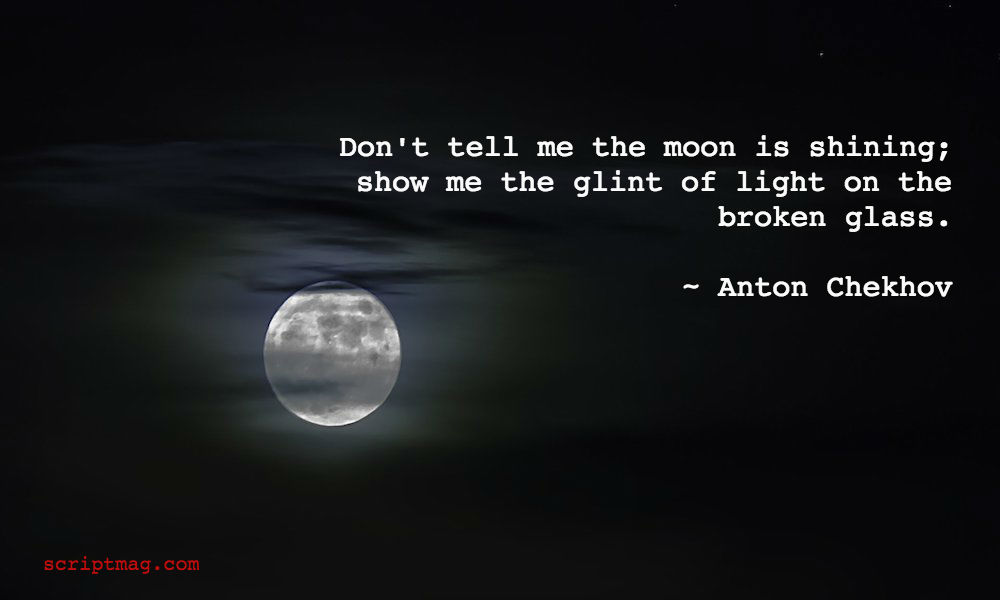A Squire’s Guide to WordPress Plug-ins
Before I begin, let it be noted that I am by no means an expert in building websites, not even in WordPress. Since beginning this website in February, I am entirely self-taught. But I’ve had a lot of fun building and maintaining this site. That being said, I feel that …










